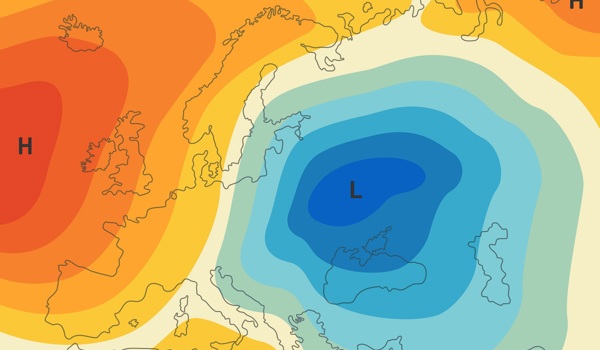14 Mar 2018
Happi-LAND paper examines influence of land use change on global warming

A new paper co-authored by climateprediction.net team members shows changes such as bioenergy expansion have considerable influence on projections of temperature extremes.
The motivation for the Intergovernmental Panel on Climate Change Special Report of 1.5°C stems from the need to understand how the impacts of climate change may evolve for half a degree of global warming.
Most low-emission scenarios involve substantial land-use change (LUC) including the expansion of bioenergy and food crops, as well as afforestation. The impacts of land use and land management for food production and forestry have been shown to have considerable influence on local and regional climate, particularly for climate extremes.
Future emission scenarios used as input to climate models are derived using integrated assessment models, and focus on greenhouse gas emissions. However, changes in land use also have a direct effect on local climate through the local water and energy balances, which is not considered in these models, and therefore, our understanding on how dependent these climate projections are to the choice of land-use scenario is limited.
This study demonstrates that the land-use scenario has a considerable influence on the projections of temperature extremes for low-emission scenarios. In particular, for large land areas in the Northern Hemisphere, more than 20% of the change in temperature extremes can be attributed to LUC. However, our study also reveals that considerable uncertainty remains on what the feedbacks of land use may mean for land-based mitigation activities.
Biogeophysical Impacts of Land-Use Change on Climate Extremes in Low-Emission Scenarios: Results From HAPPI-Land
Annette L. Hirsch, Benoit P. Guillod, Sonia I. Seneviratne, Urs Beyerle, Lena R. Boysen, Victor Brovkin, Edouard L. Davin, Jonathan C. Doelman, Hyungjun Kim, Daniel M. Mitchell, Tomoko Nitta, Hideo Shiogama, Sarah Sparrow, Elke Stehfest, Detlef P. van Vuuren, Simon Wilson



